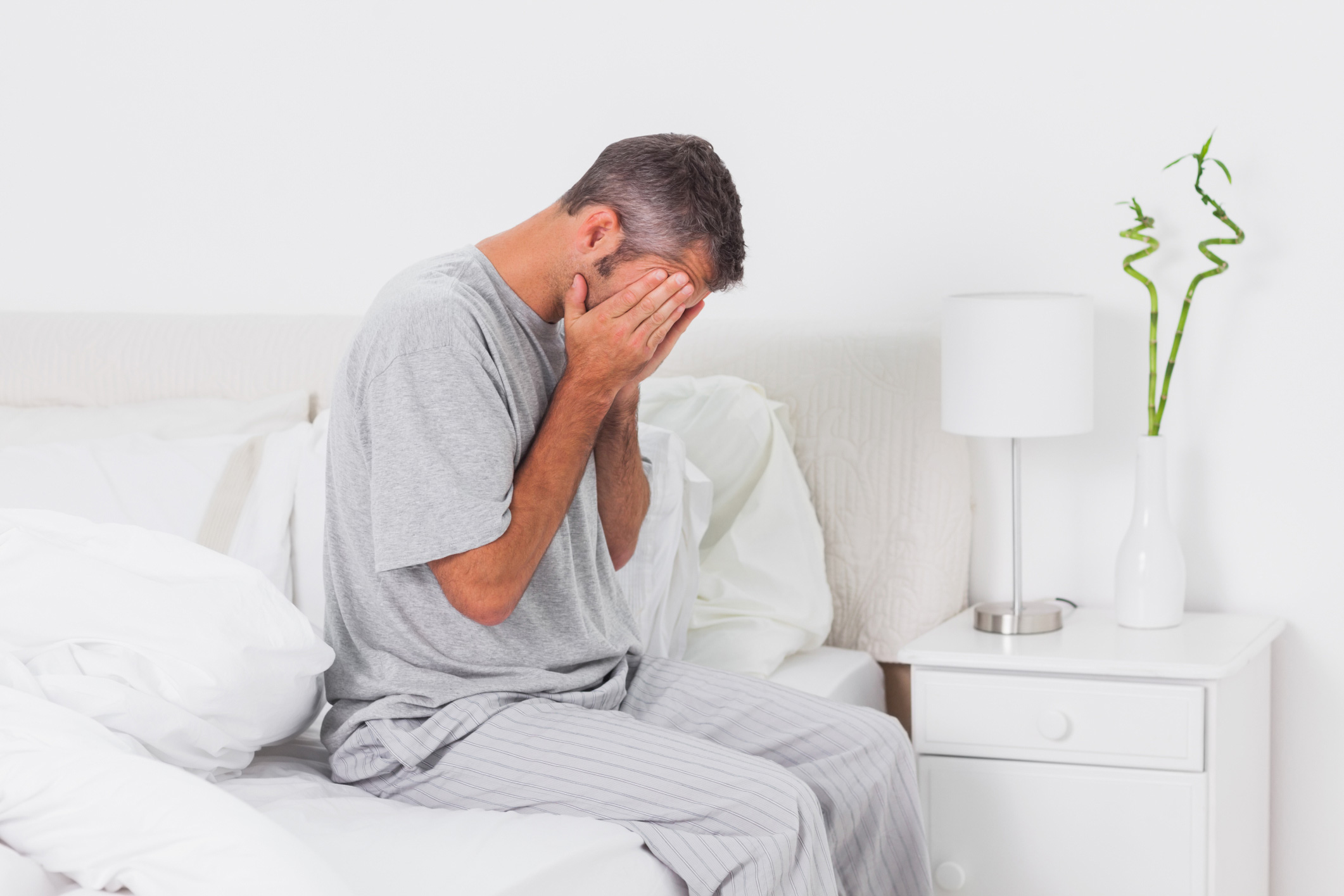transcranial magnetic stimulation
Explaining the Traveler’s First-Night Sleep Problem
Posted on by Dr. Francis Collins

Stock photo/Wavebreakmedia Ltd
This past weekend, I attended a scientific meeting in New York. As often seems to happen to me in a hotel, I tossed and turned and woke up feeling not very rested. The second night I did a bit better. Why is this? Using advanced neuroimaging techniques to study volunteers in a sleep lab, NIH-funded researchers have come up with a biological explanation for this phenomenon, known as “the first-night effect.”
As it turns out, the first night when a person goes to sleep in a new place, a portion of the left hemisphere of his or her brain remains unusually active, apparently to stay alert for any signs of danger. The new findings not only provide important insights into the function of the human brain, they also suggest methods to prevent the first-night effect and thereby help travelers like me in our ongoing quest to get a good night’s sleep.
Shining a Bright Light on Cocaine Addiction
Posted on by Dr. Francis Collins

Caption: Optogenetic stimulation using laser pulses lights up the prelimbic cortex
Source: Courtesy of Billy Chen and Antonello Bonci
Wow—there is a lot of exciting brain research in progress, and this week is no exception. A team here at NIH, collaborating with scientists at the University of California in San Francisco, delivered harmless pulses of laser light to the brains of cocaine-addicted rats, blocking their desire for the narcotic.
If that sounds a bit way out, I can assure you the approach is based on some very solid evidence suggesting that people—and rats—are more vulnerable to addiction when a region of their brain in the prefrontal cortex isn’t functioning properly. Brain imaging studies show that rat and human addicts have less activity in the region compared with healthy individuals; and chronic cocaine use makes the problem of low activity even worse. The prefrontal cortex is critical for decision-making, impulse control, and behavior; it helps you weigh the negative consequences of drug use.
